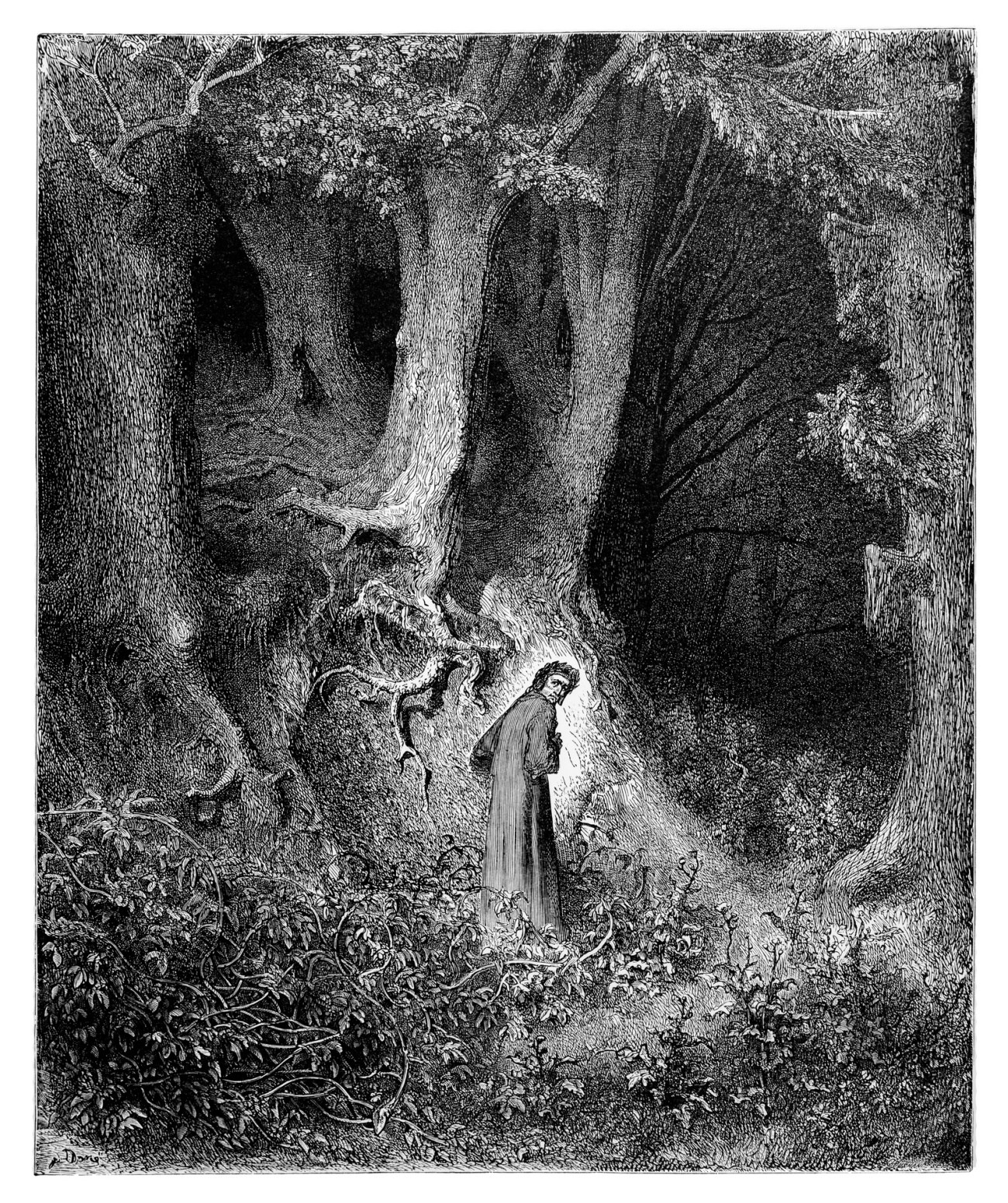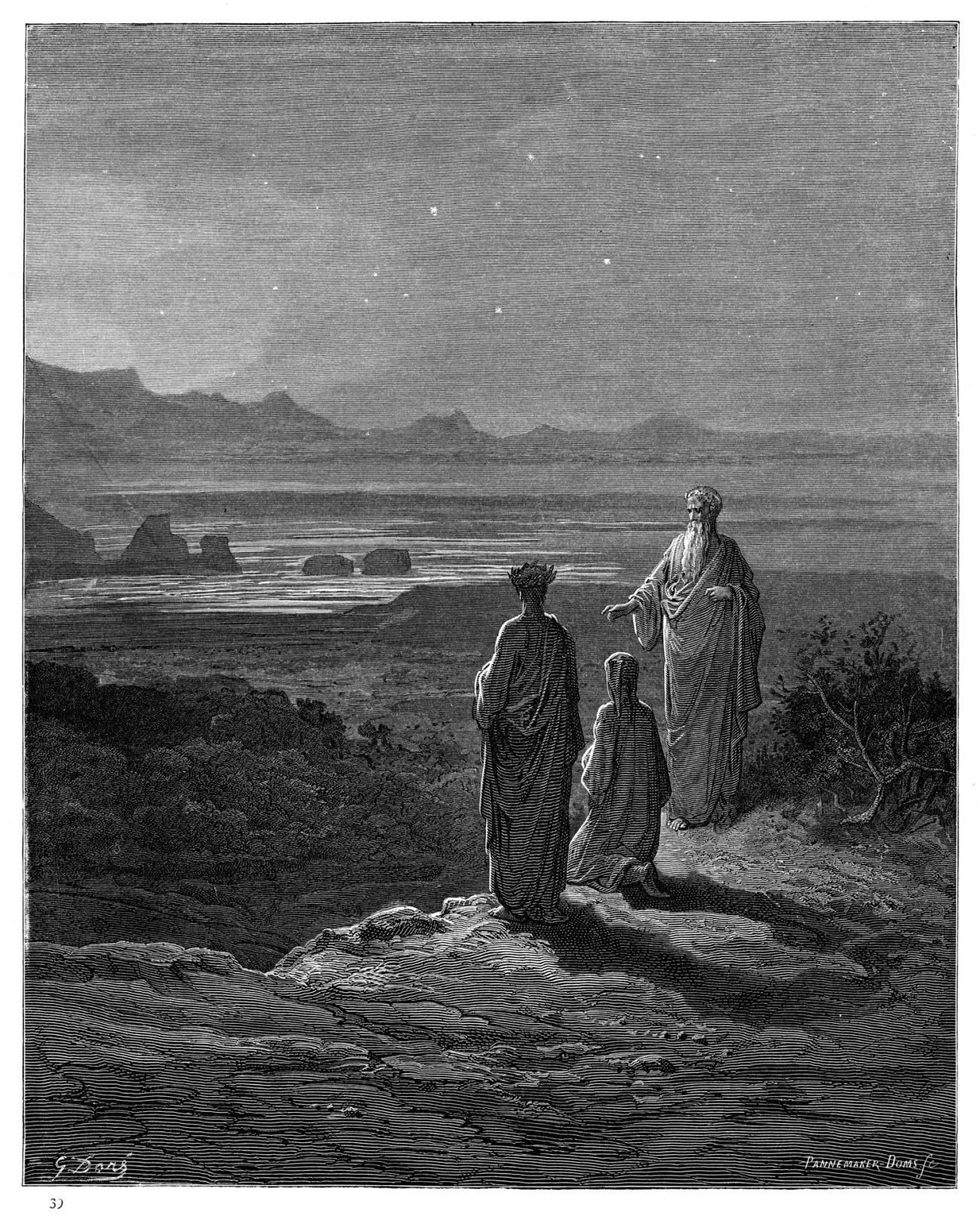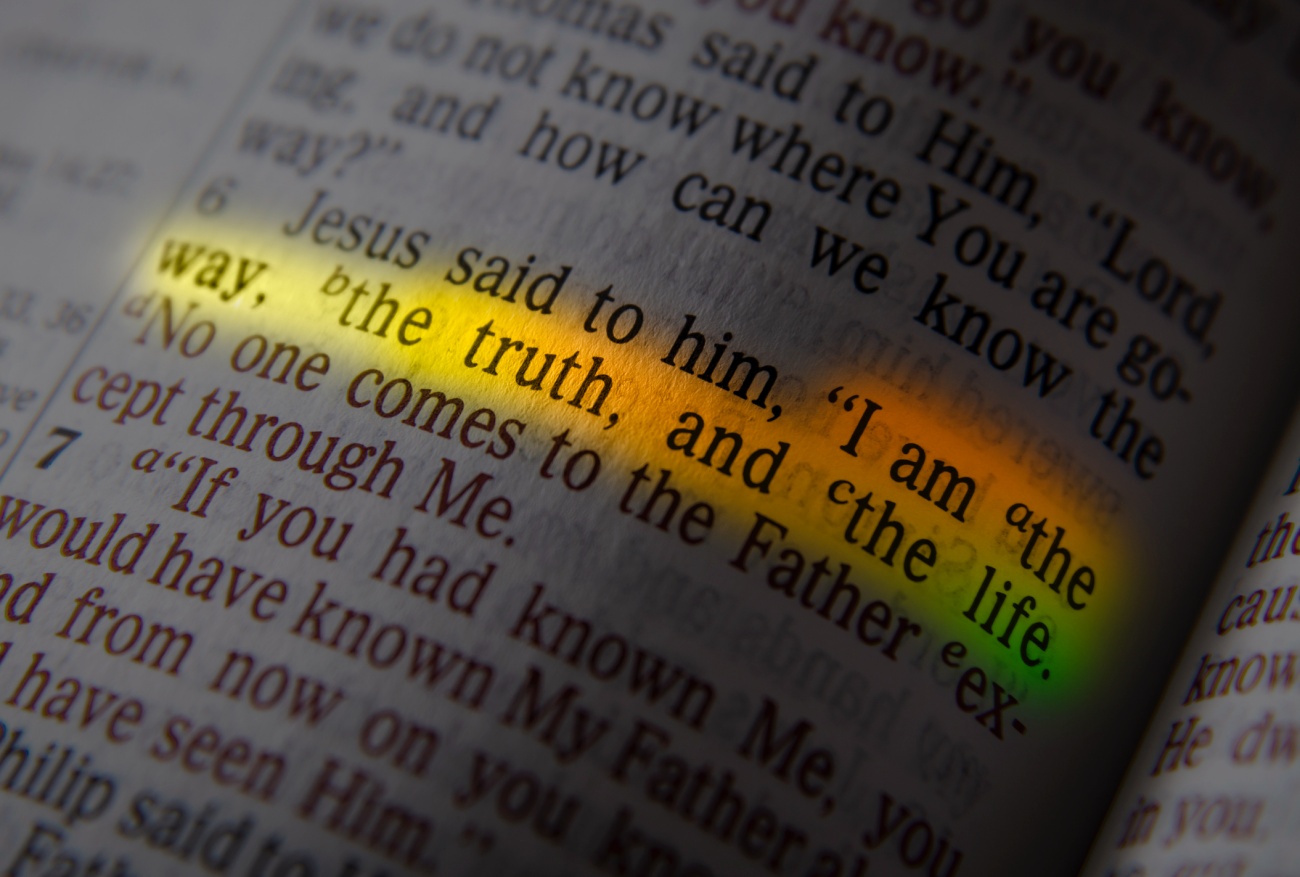To use a common, but very rich metaphor, life is a journey, it has a beginning and an end. Whether we are aware of it, or not, we all have a goal that is proper to us as creatures made in the very image and likeness of our Creator, that is, to one day be reunited with God in his kingdom of love and joy. But because our nature is fallen, we are, all too often, prone to struggle and to lose our way on our journey back to God, because of the pull of things like our egos, and our undisciplined, or disordered habits.

No one has written about this better, or more powerfully, than the Italian poet, Dante Alighieri. The entirety of his “Divine Comedy” is about our life-long journey back to God. The first lines of the “Inferno” introduce us to a character, also named Dante, who suddenly realizes that he has lost his way. He realizes that at age 35, or what we might call his middle age, he has strayed from the “True Way”. The first stanza reads: “Midway in our life’s journey, I went astray/ from the straight road and woke to find myself/ alone in a dark wood.” As is the nature of poetry, Dante Alighieri’s images here are very clear and they reveal something deeper.
The image of being lost is very recognizable to us. We have all felt it at one time or another. The “dark wood” is recognizable to us too. It is symbolic of those dark feelings of fear, loneliness, or depression that come over us when we realize that we are somehow lost, that we have “gone astray,” and lost sight of the straight path to our goal. Dante, the character, realizing that he is lost, lifts his eyes and sees on the horizon to the east, the first light of sunrise, which is symbolic of Divine Illumination. It is lighting the slopes of a little hill ahead that the poet names, “the Mount of Joy,” which is symbolic of the kingdom of God that the True Way leads to. This is a sign of hope, and he sets out for the Mount of Joy. But, as in our own lives, many temptations rise up to block his way. Using the poetry language, Dante calls these temptations, “The Leopard of Malice and Fraud, The Lion of Violence and Ambition, and the She-Wolf of Incontinence.” These beasts frighten Dante, the character, as they should because these various kinds of sin drive him/us back into the disorientation and despair that is the “darkness of error.”

Though all seems lost, Dante is suddenly aware of a figure before him. It is the spirit of the ancient Roman poet, Virgil. Virgil here symbolizes “human reason” and he has been sent there by God to be Dante’s Guide. We are to understand this “human reason” as the God-given gifts of intellect, mind, and will. We are also to understand that when we are lost, we need a mentor, a friend, to guide us back onto the narrow, straight path to God. As Christians, this is what we are to be for one another. As in any deep friendship, we can go through periods when we are lost and our friend becomes our mentor and guide, and at others the roles are reversed. In this sense, then, we are charged with familiarizing ourselves with the guideposts, the signs, the aids that keep us awake and focused on the narrow path to God.
What are those guideposts, signs, and aids? As Christians we know in faith what our goal is. We “know” it with our minds, but we also recognize that sometimes, our wills, blind us to it, or cause us to rebel from it, and when this happens, we suffer the pains of being lost. And it is by the grace of God, that we eventually come to realize that we are lost. Jesus couldn’t have given us a clearer signpost. He said, “I am the way and the truth and the life. No one comes to the Father except through me” (John 14:6). The kingdom of God is our natural goal. The way of Jesus is the straight and brightly lit path to be followed to get to that goal. When we begin to willingly and humbly follow His way and his truth, we find the life that we were meant to live.

And as Christians we can be comforted by the fact that when we lose our way and find ourselves lost in “the dark woods of error,” as we so often do, we have a patient, kind, and merciful God who willingly shows himself to us to guide us back onto the narrow path that leads to our natural goal, the kingdom of God. Thanks be to God. We are also charged to remember that he calls us to carry out that same mission, to do the same for each other, whenever necessary. That is how God works most often, that is, through us.
SKM: below-content placeholderWhizzco for FHB

